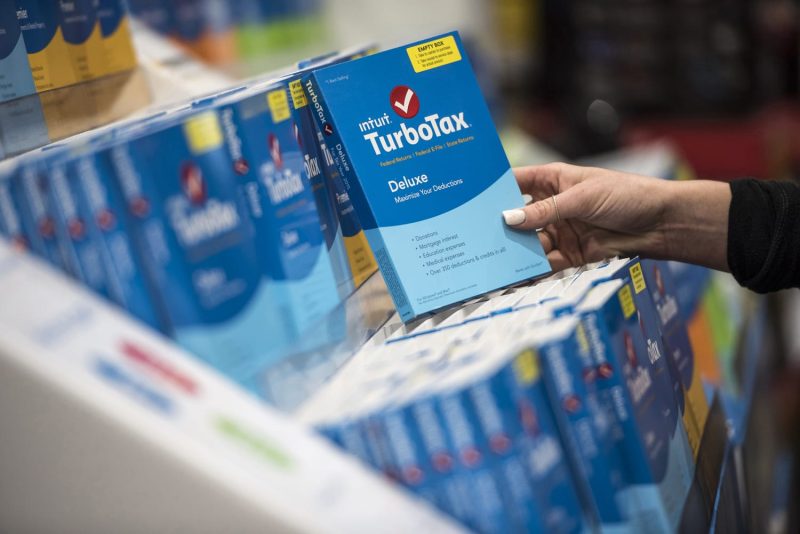In a significant development within the financial services industry, Intuit, the maker of TurboTax, has been barred from advertising its tax services as ‘free’ without duly disclosing who qualifies for these services. This step has been taken to ensure absolute transparency to consumers and disruption of misleading practices.
In recent times, the widely popular TurboTax was under scrutiny for promoting its services as free, without clarifying the eligibility criteria. A probe conducted into the practices of Intuit highlighted that not all consumers could avail of the ‘free’ services as advertised. This led to a considerable amount of confusion, disappointment, and skepticism among consumers who expected to use TurboTax without incurring any charges.
It was discovered that the services were only free for those who filed simple tax returns. However, the advertisements wooed all consumers into believing they could avail of this free service, despite having complicated tax returns. What’s more, consumers with more complicated tax situations found themselves cornered into purchasing expensive upgrades to get their returns filed. As investigations progressed, it became evident that this unethical advertising strategy was leading to unexpected costs for consumers, subsequently damaging their trust.
In light of these glaring irregularities, the restraining order against Intuit has been issued by a judge from the Superior Court in San Francisco. The order explicitly restrains the company from further advertising its services as ‘free’ without stating the terms and conditions clearly. Furthermore, Intuit is now obliged to provide a clear and detailed explanation of who can avail of the free services and the potential costs associated for those who do not qualify for the free version.
The Superior Court’s hard stance against Intuit signals a clampdown against misleading business practices and is likely to bring about a significant change in modus operandi for industry titans. The court’s verdict impels them to carefully review and revise their promotional strategies, ensuring they are transparent, honest, and free of deceptive undertones that may mislead consumers. It also underscores the imperative to maintain good faith, trust, and openness in dealings with consumers.
It is incredibly important that companies meticulously adhere to ethical standards in advertising to maintain their reputation and the trust of their consumers. The case of TurboTax serves as an unambiguous reminder of the consumer’s rights to authentic and transparent information when choosing financial services and products. It also highlights the responsibility of businesses to ensure that marketing campaigns are conducted with honesty and integrity.
Following this injunction, Intuit will now have to walk fine lines while advertising. The ‘free’ bait will need to be deployed judiciously, with all caveats made conspicuously clear to consumers. This move is anticipated to open avenues for greater transparency in services that Intuit provides and will inevitably result in improved clarity for consumers, aiding them in making well-informed decisions.
While this verdict might appear as a setback for TurboTax, it becomes an opportunity in disguise for the company to rebuild trust and strengthen its relationship with its consumers, through transparent, fair, and ethical business practices.




